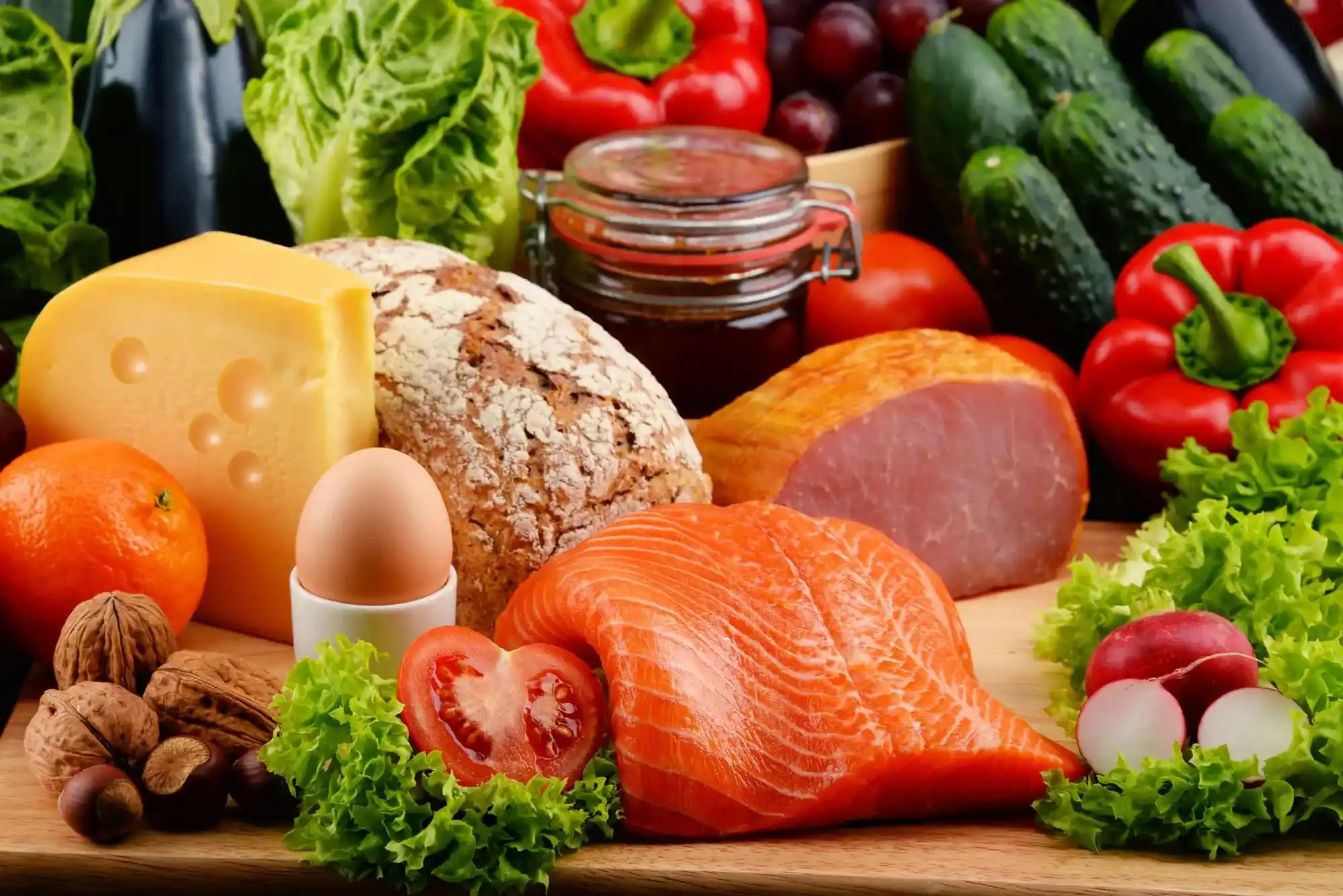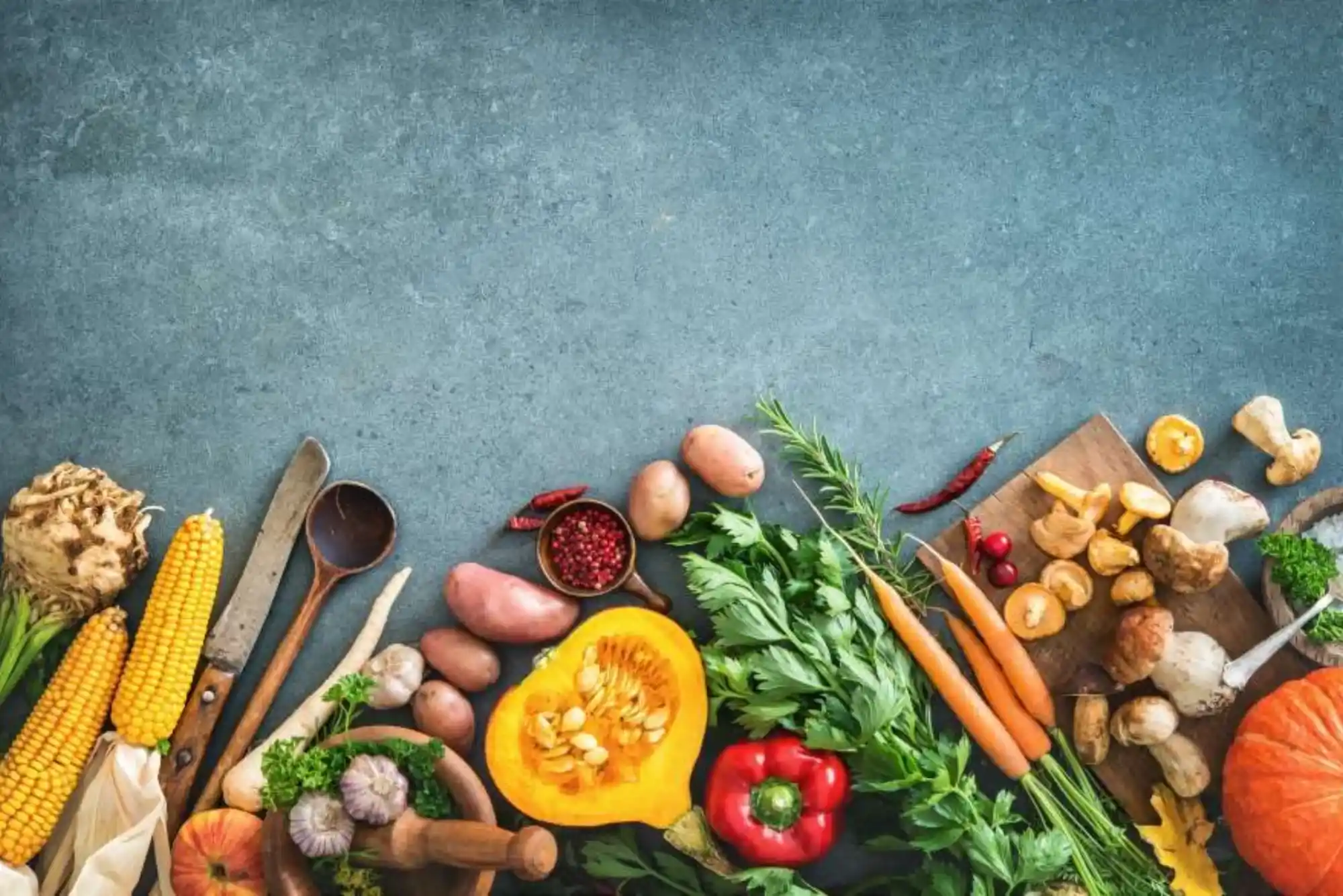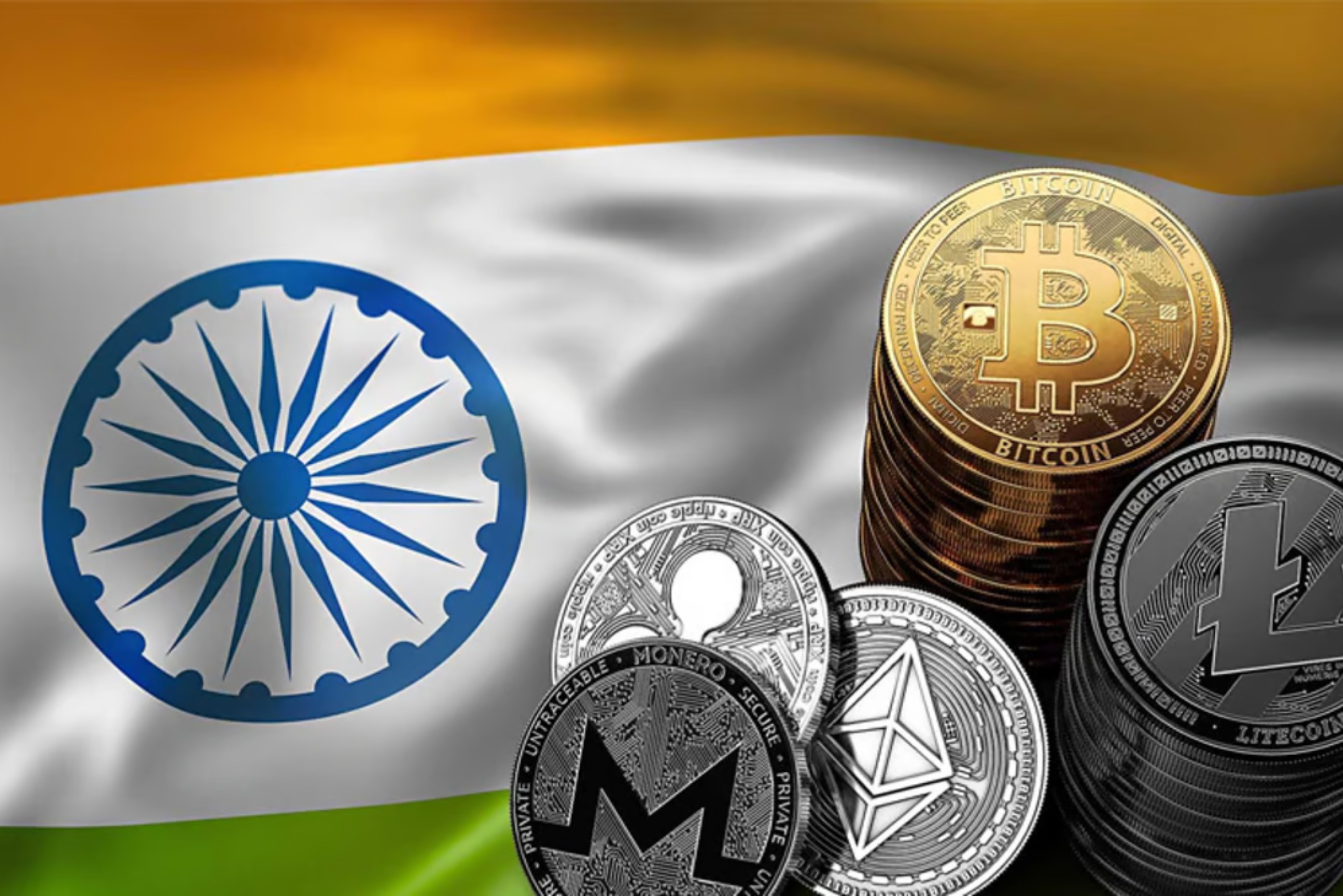Protein is an essential macronutrient that plays a significant role in numerous bodily functions, including the building, maintaining, and repairing of tissues. Whether you are an athlete striving for better performance, a fitness enthusiast working towards a toned physique, or someone interested in overall well-being, consuming high-protein foods is crucial. These foods help improve muscle mass, boost metabolism, aid in weight loss, and provide numerous health benefits. In this article, we will explore why protein is important, the various types of high-protein foods, and how to incorporate them into your daily diet.
The Importance of Protein in Your Diet
Proteins are composed of amino acids, which serve as the building blocks for muscles, organs, and tissues. They are indispensable for various bodily functions, including hormone production, immune response, and the creation of enzymes. In particular, proteins play a central role in muscle repair and growth, especially after intense physical activity. A deficiency in protein can lead to muscle wasting, weakened immune systems, and slow recovery from injuries. Furthermore, protein is integral in maintaining healthy hair, skin, and nails, making it essential for overall health.
In addition to these benefits, protein is vital for maintaining metabolic health. It takes more energy for the body to digest protein than carbohydrates or fats, meaning that protein can contribute to increased calorie burn. This thermogenic effect of protein makes it an essential nutrient for individuals aiming to lose weight or manage their body composition.
The Benefits of Consuming High-Protein Foods
Incorporating high-protein foods into your diet offers numerous benefits. One of the most notable is its ability to aid in weight management. Protein promotes feelings of fullness, reducing hunger and overall calorie intake. This makes it easier for individuals to control their portions and prevent overeating. Furthermore, high-protein diets help preserve lean muscle mass during weight loss, ensuring that fat, rather than muscle, is lost.
Another major benefit of high-protein foods is their role in muscle growth. For athletes and bodybuilders, protein is essential for repairing damaged muscle tissues after exercise and supporting muscle hypertrophy. Consuming adequate protein ensures that muscles recover faster and grow stronger over time.

Moreover, protein contributes to better bone health. Contrary to popular belief, high-protein diets do not harm bones but instead enhance bone density, especially when consumed alongside adequate calcium intake. This is particularly important for older adults, who are at a higher risk of osteoporosis and bone fractures.
Sources of High Protein Foods
There are various sources of high-protein foods that can meet different dietary preferences, including animal-based and plant-based options. Both types of protein sources provide essential amino acids that the body cannot produce on its own. However, animal-based proteins are typically considered “complete” proteins, meaning they contain all nine essential amino acids, while most plant-based proteins are “incomplete.”
Animal-Based High-Protein Foods
Animal-based high-protein foods are an excellent choice for those looking to increase their protein intake efficiently. One of the most popular sources is lean meats, such as chicken and turkey. Chicken breast, in particular, is a go-to protein source for many due to its low fat content and high protein density. Turkey is another excellent option, offering lean protein that is ideal for weight management.
Fish and seafood are other fantastic sources of high-quality protein. Tuna and salmon are two of the most protein-rich fish, with tuna being exceptionally lean. In addition to providing protein, salmon is packed with omega-3 fatty acids, which support heart health and reduce inflammation. Shellfish like shrimp also provide high protein content without excessive fat or calories, making them a great option for those looking to maintain a lean physique.
Eggs are a versatile and complete source of protein. Each egg provides all nine essential amino acids, making them a perfect addition to any diet. For individuals watching their fat intake, egg whites offer a concentrated source of protein with minimal fat.
Dairy products, including milk, yogurt, and cheese, are also high in protein. Greek yogurt is particularly rich in protein and beneficial probiotics, supporting both muscle recovery and gut health. Cottage cheese is another high-protein dairy product that offers a satisfying snack or meal addition.

Plant-Based High-Protein Foods
For those following a vegetarian or vegan diet, there are plenty of plant-based protein options available. Legumes and beans are some of the most protein-dense plant foods. Lentils and chickpeas are not only high in protein but also packed with fiber, which supports digestive health. Black beans are another excellent source of plant-based protein and provide important vitamins and minerals, including iron and magnesium.
Nuts and seeds are highly nutritious and provide a convenient protein source for snacking. Almonds are one of the best plant-based protein options, while pumpkin seeds and chia seeds are also rich in protein, healthy fats, and antioxidants. These can be easily incorporated into meals or enjoyed as a snack.
Tofu and tempeh are popular protein sources in plant-based diets, especially for individuals seeking a meat substitute. Tofu, made from soybeans, is a versatile food that absorbs the flavors of the dish it is cooked in. Tempeh, a fermented soybean product, is even higher in protein and contains added probiotics, which promote gut health.
Whole grains, such as quinoa and oats, offer additional protein to a balanced diet. Quinoa is a complete protein and an excellent choice for those looking for gluten-free options. Oats are also rich in protein and provide a nutritious, filling breakfast option.
How to Add High-Protein Foods to Your Diet
Adding high-protein foods to your daily meals can be simple and rewarding. Start by planning your meals to ensure you are getting enough protein throughout the day. Include lean meats, fish, or plant-based proteins in your lunch and dinner. For breakfast, consider options like eggs, Greek yogurt, or a protein smoothie to jumpstart your day with energy.
If you are looking for snacks, opt for protein-rich choices like almonds, cheese, or cottage cheese. These options will keep you full between meals and prevent unhealthy snacking. For vegans, plant-based protein bars or a handful of nuts and seeds can serve as satisfying, high-protein snacks.
Another way to ensure you’re meeting your protein needs is by incorporating protein supplements. Protein powders and shakes are convenient options, especially after workouts when muscle recovery is crucial. However, it’s important to choose supplements wisely and balance them with whole food sources of protein.
High-protein foods are essential for maintaining a healthy body, supporting muscle growth, and aiding in weight management. By including a variety of protein-rich foods, whether animal-based or plant-based, you can easily meet your daily protein needs. Incorporating high-protein foods into your diet will not only enhance your physical performance but also contribute to overall well-being. Prioritize protein in your meals to experience its numerous health benefits, from muscle growth to better metabolic function.





